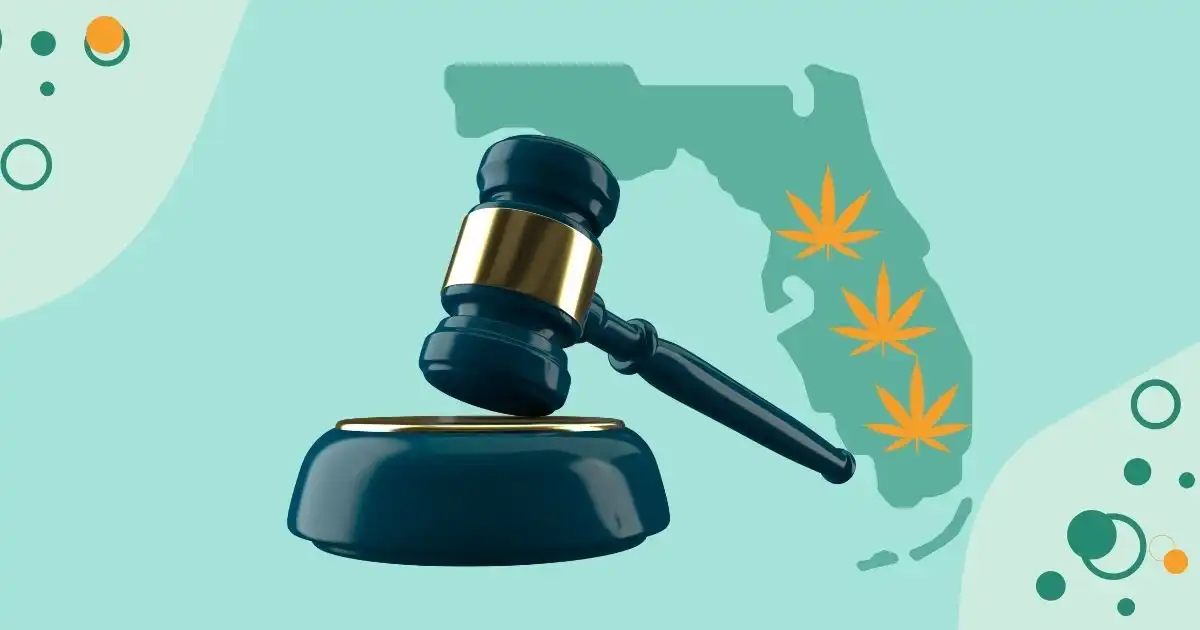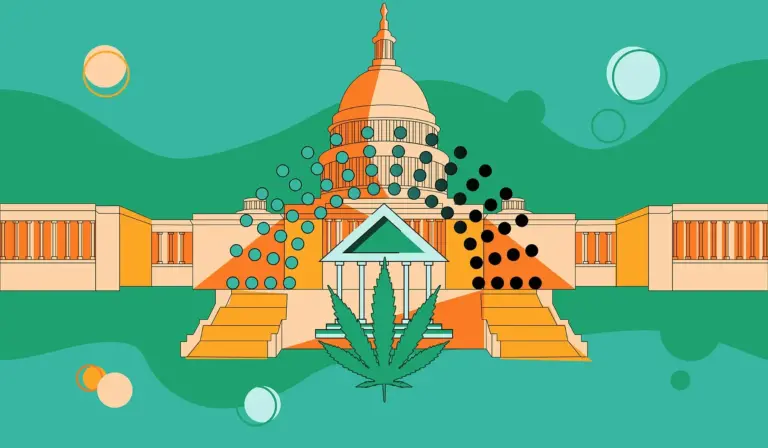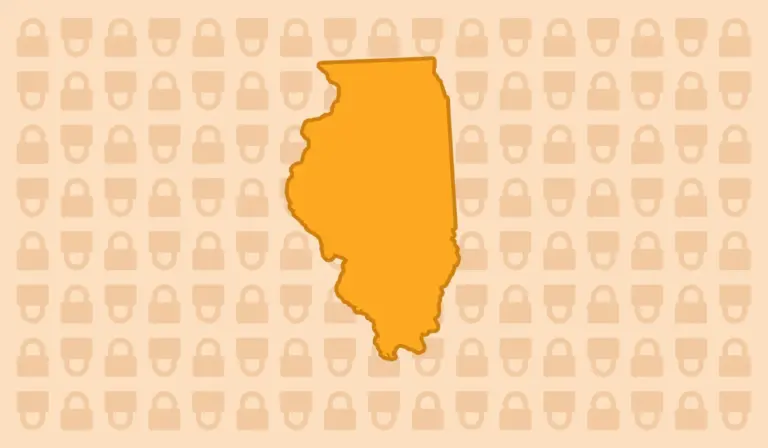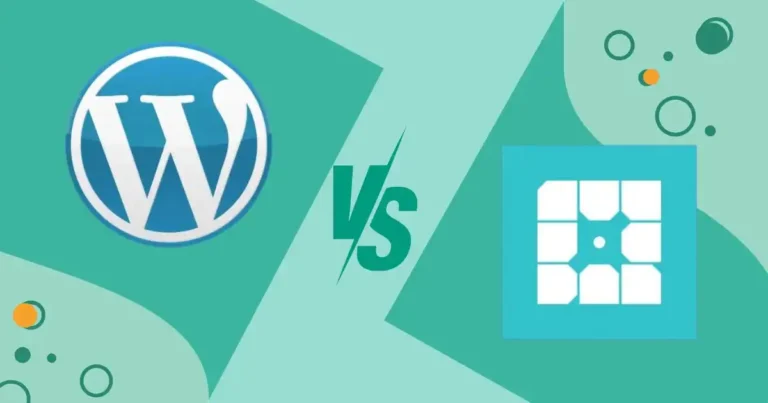Florida Embraces Hemp Legalization
Florida is leading the way in hemp legalization, showing a bigger trend across the country to accept this versatile crop. With recent laws, the state has made it easier to grow hemp, opening up new uses in textiles, food, and other industries. This forward-thinking move not only helps local farmers and business owners but also encourages sustainability and boosts economic growth in many areas.
As Florida continues to embrace hemp legalization, it’s effectively setting the stage for innovation and a thriving agricultural future. In turn, this progress opens up new opportunities. Now, let’s explore what hemp is, why legalization is beneficial, and, furthermore, how to properly comply with government rules and standards.
What You Need To Know About Hemp And Why It Should Be Legalized
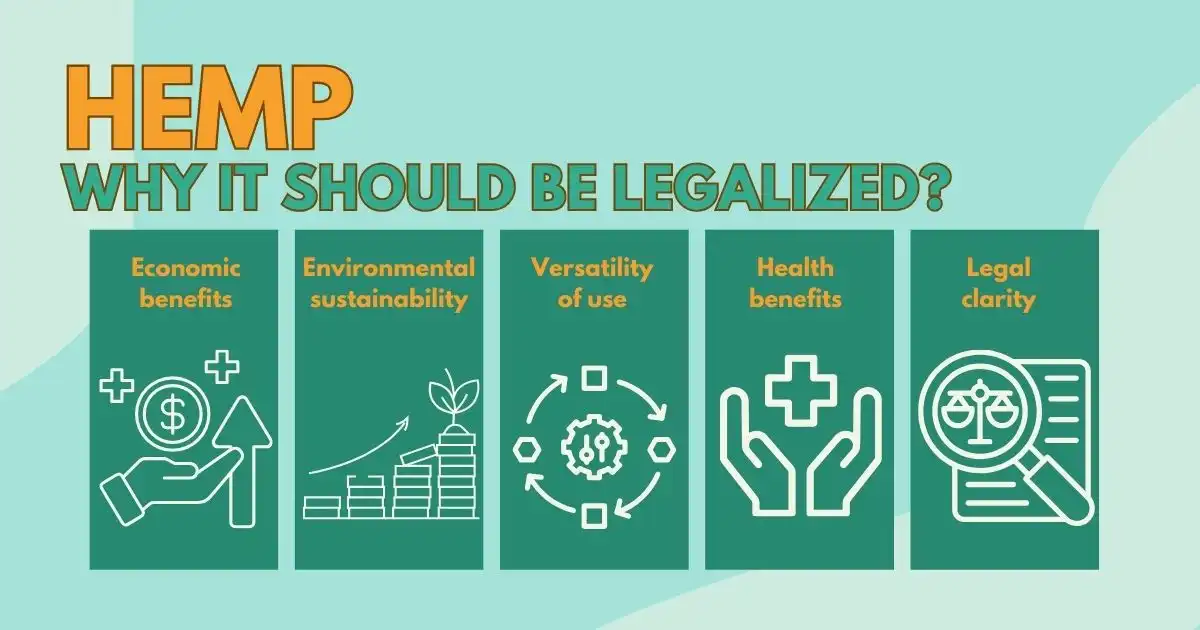
Hemp, known as Cannabis sativa, is a plant from the Cannabaceae family that is grown for its strong fibers and edible seeds. It’s often confused with cannabis plants that are used to make marijuana and hashish.
While all three—hemp, marijuana, and hashish—contain a THC (which causes a high), the type of cannabis grown for hemp, in contrast, has much lower levels of THC compared to those grown for marijuana and hashish. As a result, this significant difference raises an important question: if hemp has minimal psychoactive effects, then why not fully embrace its potential?
- Economic benefits: Legalizing hemp can boost agriculture and create jobs in various industries, including textiles, construction, and food.
- Environmental sustainability: Hemp is a renewable resource that requires fewer pesticides and fertilizers compared to many other crops, making it a more environmentally friendly option.
- Versatility of use: Hemp can be used for a wide range of products, from biodegradable plastics to biofuels, textiles, and food products, promoting innovation.
- Health benefits: Hemp seeds and oil are nutritious and can be benefits for health, providing essential fatty acids and proteins.
- Legal clarity: Hemp legalization helps to differentiate it from marijuana, lessen confusion and enhance standard clarity.
What is Senate Bill 1676?
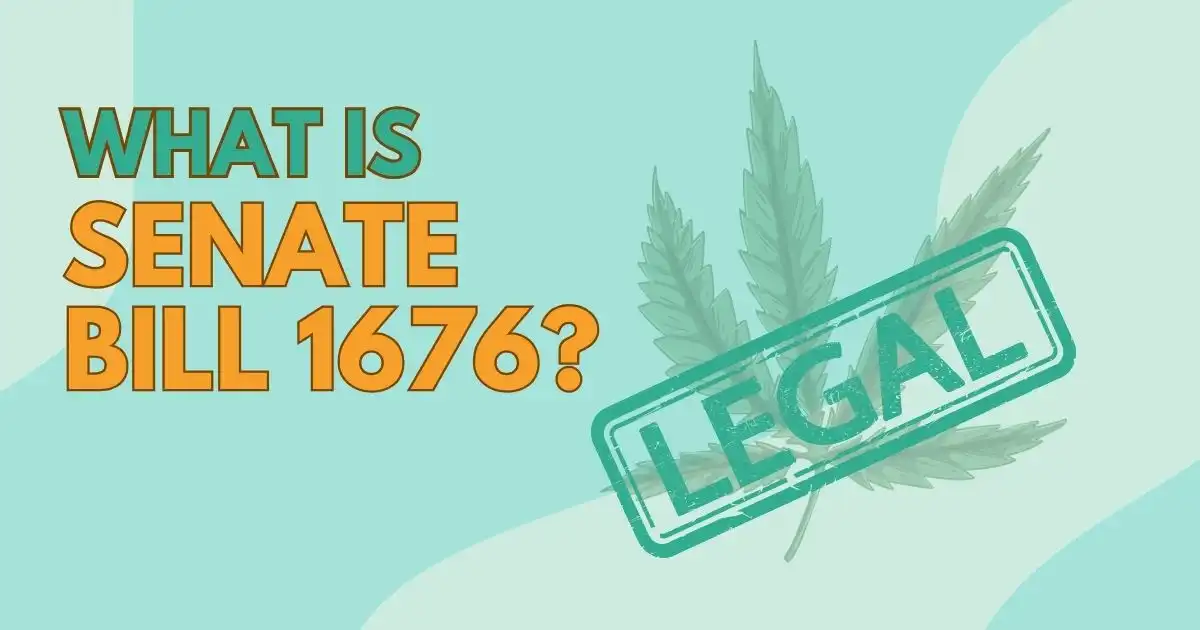
Florida recently passed SB 1676, a key law that controls the sale, distribution, and use of hemp extract, including CBD products, in the state. This law sets clear rules for businesses in Florida’s hemp and cannabis industry. Following SB 1676 is important not only to avoid penalties but also to ensure responsible practices and maintain trust in the industry.
Key Aspects of Florida’s SB 1676 and How it Affects Businesses
- Defining hemp extract as food: SB 1676 classifies hemp extract, including CBD, as a food product, meaning it must meet strict safety and quality standards. It requires time and temperature control to ensure the product stays safe and intact.
- Packaging and labeling guidelines: The law also sets clear rules for packaging and labeling hemp extract, CBD, and other cannabis products meant for human in take. It’s important for businesses to follow these rules to ensure safety and transparency.
- Advertising restrictions: SB 1676 also sets rules on advertising hemp extract, CBD, and other cannabis products, aiming to prevent marketing to children. Businesses must follow these rules to advertise responsibly.
- Penalties for non-compliance: Finally, businesses that don’t follow these new rules could face serious penalties, including fines, license break, or other legal actions.
How Can Businesses Comply With Sb 1676?
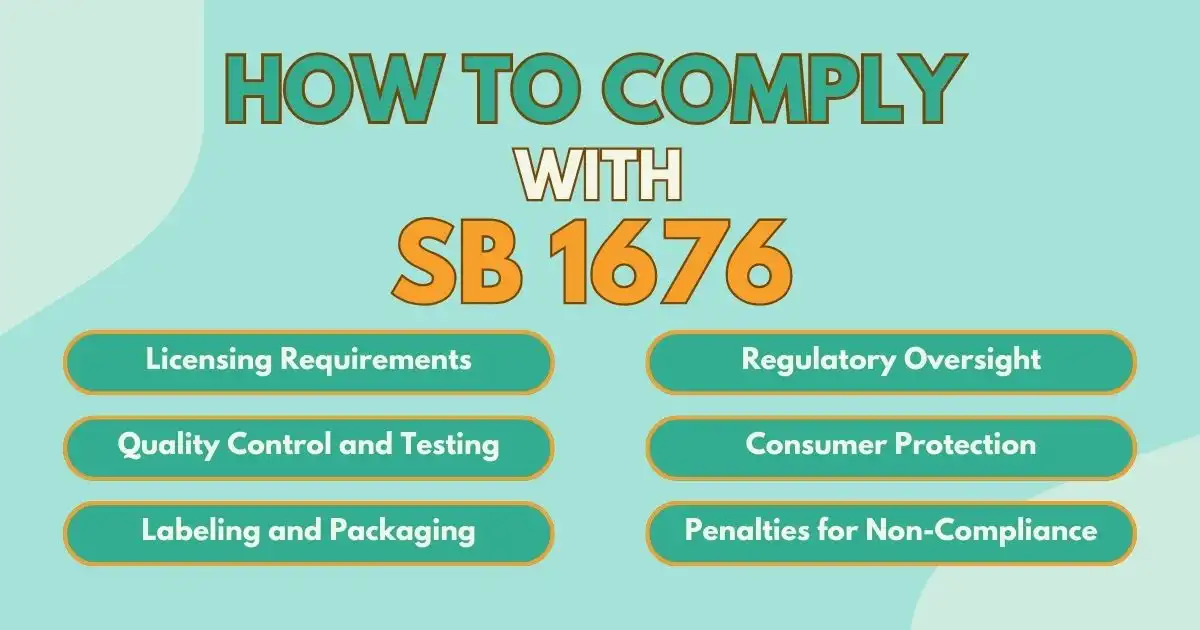
SB 1676 is key legislation for Florida’s hemp and cannabis industry, regulating compliance standards for growing, processing, distribution, and sales.
Key components often include:
- Licensing requirements
To meet the standards of SB 1676, start by understanding the details of the law. Collect all necessary documents, complete any required training, and submit your application with the required fees before the final date.
Stay informed about any changes to the law, consult legal or professional experts if needed, and prepare for potential checking or audits related to compliance.
- Quality control and testing
SB 1676 requires quality control and testing for hemp and cannabis products, including SOPs, with ISO-accredited labs, and strict testing for potency and contaminants.
Maintain records, train staff on compliance, conduct audits, stay updated on rules to ensure continuous safety and quality.
- Labeling and packaging
SB 1676’s labeling and packaging standards outline specific orders. Therefore, study these, including correct disclosures of THC levels, ingredients, and health warnings.
Create simple and clear labels with important details like the product name, cannabinoid content, batch number, and expiration date. Use packaging materials that keep the product safe and build customer trust. Also, set up quality checks to make sure the labeling is correct before distribution. To ensure the product meets all standards and is correct.
- Regulatory oversight
Get to know the state agencies that oversee the hemp and cannabis industry. Review the compliance standard in the law. Set up internal policies to make sure you follow the rules, keep correct records of operations and testing. Train employees on the rules.
Prepare for checking by doing regular internal test and stay informed about updates and changes from regulatory agencies. Hence, these steps will help you reduce the risk of non-compliance penalties.
- Consumer protection
Establish clear procedure for product recalls, securing effective identification and alert of affected customers. Ensure transparency by giving correct ingredient and testing information. Also, building a complaint resolution process to address customer concerns.
Train employees on following customer protection standards, and keep product information up to date. Also, regularly gather reviews to help track and ensure continued compliance.
- Distribution laws and age verification
SB 1676 control the sale and distribution of hemp extract, CBD, and cannabis products. That requires age verification and banning sales to those under 21.
Failure to comply may result in penalties, including misdemeanor charges. Moreover, to ensure businesses should use reliable age verification apps like Token of Trust.
Overall, businesses in Florida’s hemp and cannabis industry should carefully review SB 1676 to make sure they meet all the standards by the effective date. Furthermore, to avoid penalties and keeping their licenses.
Ensuring SB 1676 Compliance with Age Verification
To prevent serious issues like penalties and the risk of having your business banned. Token of Trust offers an advanced age verification solution that complies with SB 1676.
Integrating this tool into e-commerce platforms enables businesses to verify customers’ ages before selling hemp, CBD, and cannabis products. Ensuring compliance with SB 1676, lessen legal risks, and supporting responsible distribution.
